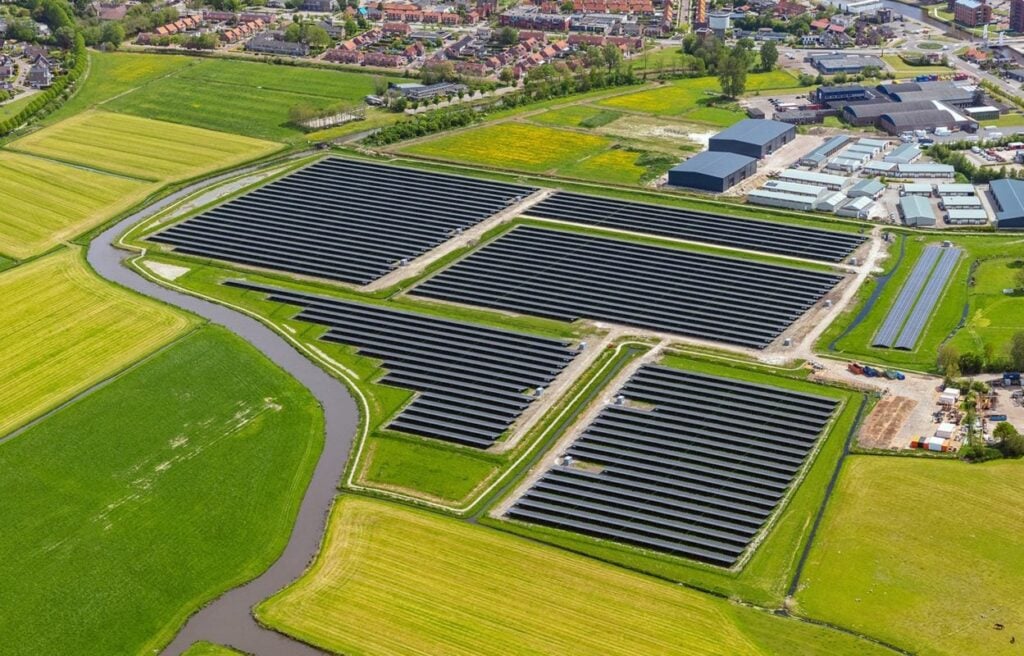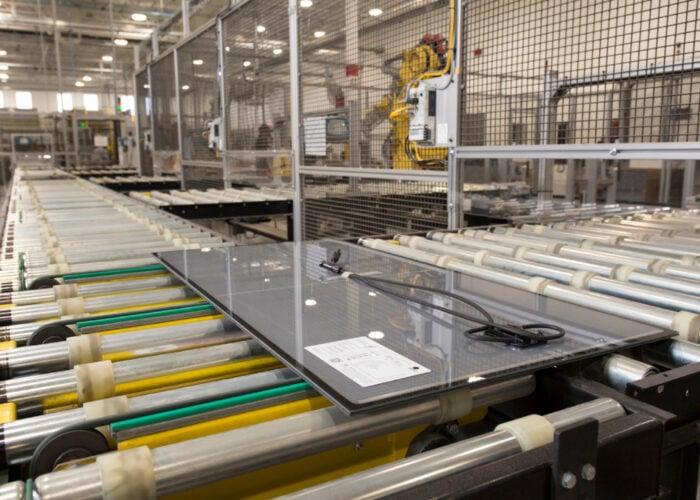
German independent power producer (IPP) Encavis has secured €145 million (US$157.2 million) in financing, from German bank Commerzbank, to complete the construction of the 260MW Bartow solar park in Germany.
Encavis started construction at the project, which will be Germany’s second-largest by capacity, in March this year, and plans to commission the park in the second half of 2025. It has signed a 12-year power purchase agreement (PPA) with polymer manufacturer LyondellBasell to sell power generated at the project, and upon completion, will add to Encavis’ portfolio of 2.1GW of solar generation capacity currently in operation in Europe.
Try Premium for just $1
- Full premium access for the first month at only $1
- Converts to an annual rate after 30 days unless cancelled
- Cancel anytime during the trial period
Premium Benefits
- Expert industry analysis and interviews
- Digital access to PV Tech Power journal
- Exclusive event discounts
Or get the full Premium subscription right away
Or continue reading this article for free
“This successful financing underscores our commitment to sustainable energy projects and demonstrates the trust our partners have in our expertise,” said Karsten Mieth, Encavis spokesman. “The Bartow solar park will make a significant contribution to the energy transition in Germany and further strengthen our position as a leading player in the field of renewable energy.”
Equity was provided for the deal by the Encavis Infrastructure Fund IV (EIF IV), a fund offered to banks and savings banks that are looking to invest into projects delivering “environmental and social sustainability”. The fund invests exclusively in renewable power projects, and projects funded through the vehicle must comply with the Sustainable Finance Disclosure Regulation (SFDR), a piece of EU legislation that sets standards for the detail of environmental, social and governance (ESG) considerations a financial organisation must disclose.
The news follows Encavis’ acquisition of a 95MW Spanish solar project from BayWa r.e. earlier this month, which is also expected to be commissioned next year.
The financial close of the project is the latest encouraging development for the German solar sector. Earlier this year, the German Federal Network Agency, Bundesnetzagentur, announced that the country had added 7.5GW of new solar capacity in the first half of this year, meaning Germany has doubled its installed capacity in the last six years. This week, a report from Ember Climate noted that renewable power generation has now outpaced that of fossil fuel generation in Germany, but that further expansion of the renewable energy sector will be needed across Europe if the continent is to meet its climate targets.






